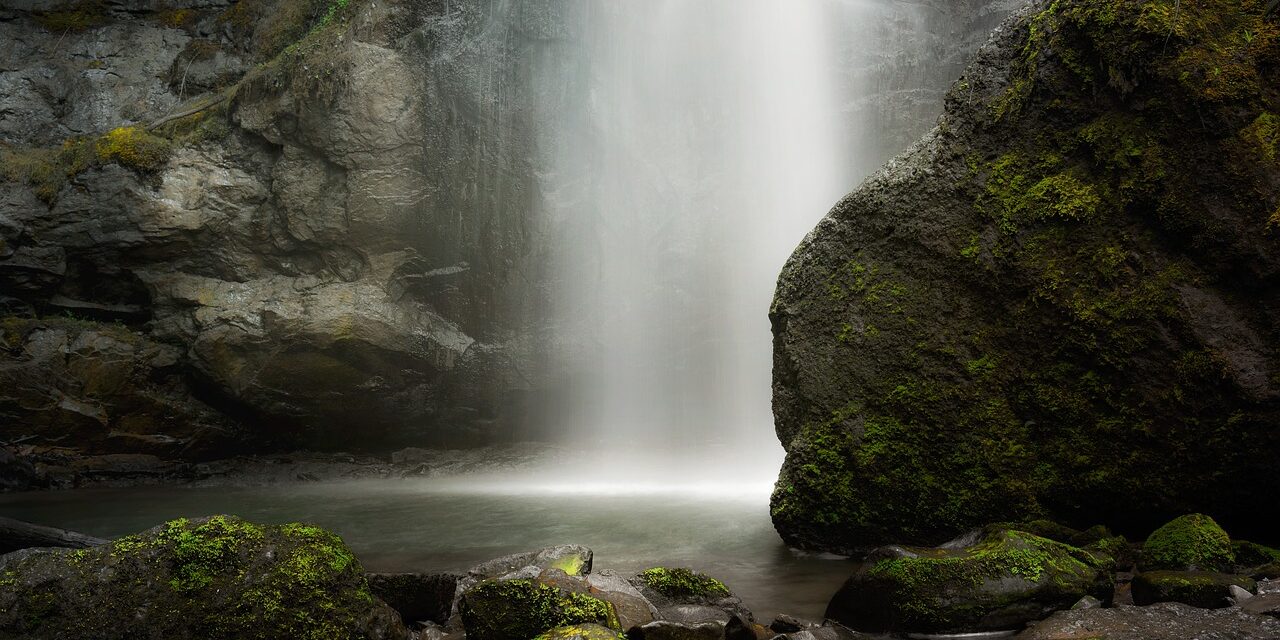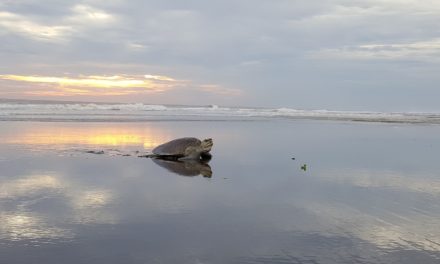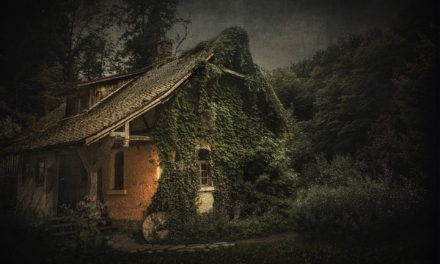One day I stood
in the summertime woods
of far northwestern Wisconsin
where everything still seemed
green, clean. With me,
an elderly Chippewa
gentleman. He was from
around here, like most
of his ancestors; the
others were German. He
told me a little
story about how it
was in the olden
days with his people
and their names. He
said that at the
first signs of life
stirring in the womb,
the father would place
his hand on the
woman’s belly. He would
feel the baby in
the womb and she,
the woman, would show
him how to feel
it. Then, he’d go
out on a three-day
journey into the wild
places. Where he’d keep
his eyes and ears
open for a sign
about what the name
of the baby should
be. An eagle with
a snake in its
talons. A wolf disappearing
around a stretch of
trees. A golden trout
hanging out in the
water in a special
way. Or a bear
standing up and looking
at you. The husband
would go back and
tell his wife. And
they’d make up the
name for the baby
based on this sign
Nature had given them.
Later, when the child
was older, around ten
(boy or girl), the
child would make up
a verse about his
or her name. It
would be a short
little poem or song
about their name that
would change with the
days. Why they liked
life, what they were
proud of and still
wanted to accomplish. Because
everybody did it, in
their own way, it
was easy to do.
And they would sing
their own name at
important times during the
day. Getting up in
the morning. Before eating
food, or going to
sleep, or when stressed
out; or terrified. No
one else would ever
know this verse, exactly,
at least not all
of it.
When the
warrior (woman or man)
laid down for the
last time, they would
sing or say the
verse as their spirit
wafted out to join
the rest of the
worlds
in whatever comes
next.







Thank you, Dale, for deep magic, The way of things. So good.
Dear Pat,
With a few well-chosen words, you made me feel as if you truly understand my poem: the best gift any poet can have.
Thank you!
A golden trout / hanging out in the / water in a special / way.
Gorgeous!
Your poem struck me with it’s simplicity and rhythm. I believe I’d like to have known Nick Hockings.
Dear Ruth,
You pointed out two aspects of this poem I worked hard on over a period of years. Thank you! I’m sure Nick Hockings would feel the feeling is mutual.